What can caffeinated spiders teach us about our sleep habits?
1About 70 years ago a zoologist who studied spiders got tired of waking up at 5am to watch them build their webs, so he asked his pharmacologist friend if he could drug the spiders to change their construction time. Dr. Witt, the pharmacologist, had no trouble giving spiders sugar water spiked with marijuana, Benzedrine, caffeine, Chloral Hydrate and LSD. Unfortunately, that didn’t change their web-weaving time, so the zoologist lost interest. Dr. Witt, however, got very interested. He discovered that “each drug seemed to produce characteristic aberrations in the spiders’ webs, changes far more reliable than the behavioral effects of drugs observed in laboratory rats or human subjects.” (1) In other words, while on drugs, spiders changed the size and shape of their webs in a predictable pattern.
In 1995, scientists at NASA replicated that original study in an attempt to analyze the toxicity of different chemicals. “The more toxic the chemical,” the researchers wrote, “the more deformed a web looks in comparison with a normal web.”(2) Take a look at those pictures from the study – which web looks most deformed to you? It appears that the spiders produced the most deformed web without a clear center while under the influence of the most commonly used substance – caffeine. “The researchers noted how strikingly incapable the spiders were in constructing anything resembling a normal or logical web that would be of any functional use when given caffeine, even relative to other potent drugs tested.” (3)
It appears that the spiders produced the most deformed web without a clear center while under the influence of the most commonly used substance – caffeine. “The researchers noted how strikingly incapable the spiders were in constructing anything resembling a normal or logical web that would be of any functional use when given caffeine, even relative to other potent drugs tested.” (3)
We are not spiders, of course, but caffeine impacts us in a very real way. Let’s take a look at how caffeine affects the body.
The first factor that regulates our sleep-wake cycle is the circadian rhythm. Another factor that supports our sleep-wake cycle is the build-up of a sleep chemical called adenosine. It begins to build up in your brain the moment you wake up and continues to build throughout the day. After 12 to 16 hours it reaches a high concentration that signals to the brain that it is time to sleep. This is called “sleep pressure” and you will succumb to it sooner or later. Sleep gradually reduces adenosine, but if you wake up before you are ready, you will begin your day with extra sleep chemical.
Caffeine artificially mutes the signals of adenosine, but it does not affect the concentration of adenosine. This means that even if caffeine makes you feel alert and awake for a period of time, the build up of adenosine continues to grow. The effect of caffeine will wear off after 5-7 hours as it is being removed from your system by an enzyme within your liver. For some people the enzyme is stronger, so it clears caffeine in record time, while for others the process is slow, which means that they will be lying wide awake well into the night if they had a cup of coffee after dinner. “Sleep will not come easily or be smooth throughout the night as your brain continues its battle against the opposing force of caffeine. Most people do not realize how long it takes to overcome a single dose of caffeine, and therefore fail to make the link between the bad night of sleep we wake up from in the morning and the cup of coffee we had 10 hours earlier at dinner.” (3)
What does this mean for us as yoga teachers? It means that if a student comes to you complaining of sleep problems, there are few things that you need to clarify first. You would need to ask:
1. Do you have a regular daily routine (of meal times, bedtime, exercise time, etc.)? – Regular activities help to reset the biological clock to keep it closer to the 24-hour cycle.
2. At what time during your day do you feel the most awake and the most productive? – Understanding the client’s sleep-wake cycle helps to make recommendations on how to structure her day for best productivity and better sleep.
3. Do you consume any caffeine after 3pm? It takes an average of 5-7 hours for the effect of caffeine to begin to wear off. We need to remember that caffeine can be found not just in coffee, teas and energy drinks, but also in dark chocolate, ice cream and some drugs (like weight-loss pills and pain relievers).
If a student comes to you seeking help with sleep troubles, there are many yogic techniques we can use to help. However, those techniques become less effective if her body has to fight against its own biology – natural sleep-wake cycles, effects of stimulants, and so on. Those techniques will be much more effective if we take steps to understand our biology and work with it, rather than against it.
Yoga can be very helpful with improving the quality and quantity of sleep, but before we dive into yogic techniques for sleep management it helps to understand what sleep really is. Over the next few weeks we will investigate what happens in the brain while we sleep, how sleep enabled our species to evolve, what sleep does for our physiology, how sleep changes as we age and, of course, how to evaluate and deal with potential sleep issues. Tune in!
[jetpack_subscription_form]References
1. Spiders seduced into yielding secrets of web by Jane E. Brody
2. Spiders on drugs by Gabriella Munoz
3. Why do we sleep: Unlocking the Power of Sleep and Dreams by Matthew Walker

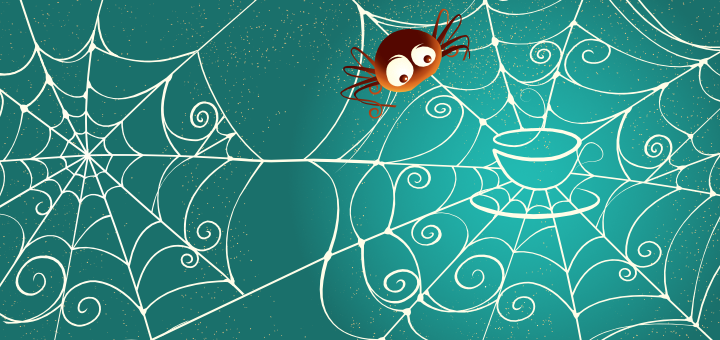

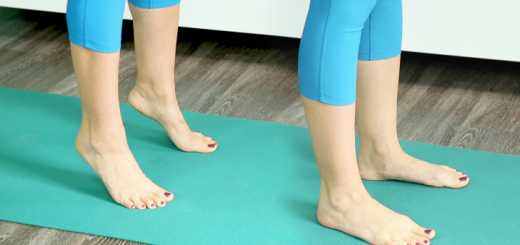

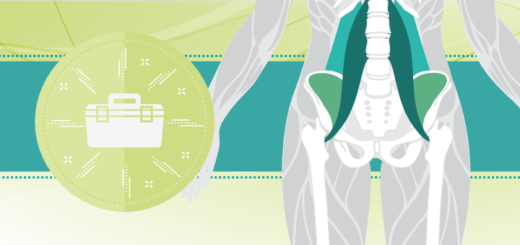













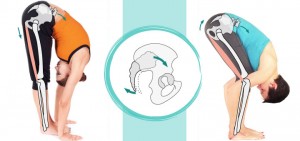
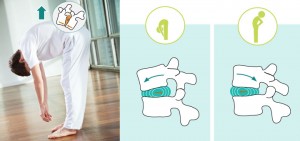
Thanks much for your thoughtfulness and inspiring ideas